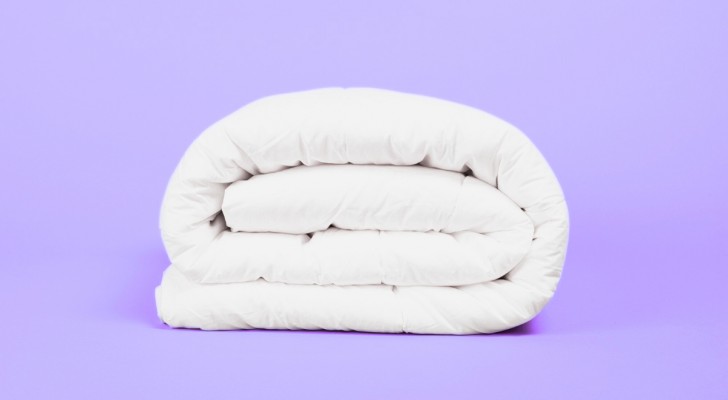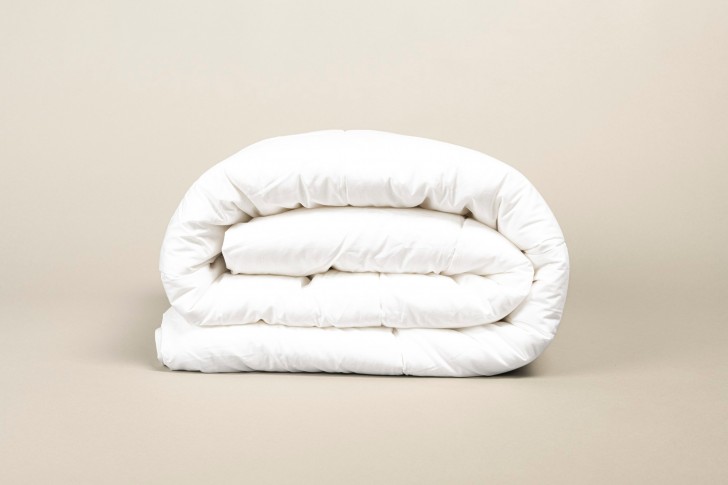Duvets and comforters: how often should they be replaced? And how can you make them last longer?

There are certain months of the year when we use the same comforter or duvet every day, much like our pillows and mattresses. However, do we give them the same attention and care when it comes to cleaning and maintenance as other things? Are we aware that, similar to pillows, duvets used for winter need replacement after a certain period of time?
Considering the extended contact we have with these items for hours every day, over several months each year. As a result, the first step in maintaining them is to ensure they are thoroughly washed at the end of the season before storing them away. While this is a common practice, are there additional tips to extend the lifespan of comforters and duvets? Well, check out the useful tips below:
The life of a duvet: after how many years should it be replaced?

rawpixel.com
The total lifespan of a duvet depends on various factors, starting with the type of filling and materials used, and also the frequency of use. Additionally, environmental humidity, sweat produced by our bodies, and the presence of pets sharing the bed with us can influence its durability.
The suggested timeframe stated here is therefore only approximate: it's generally recommended to replace a duvet every 8 - 10 years, but this time could be shorter or longer depending on the level of wear. It's best to look for significant wear signs, such as:
- If the filling has become thin and worn out, meaning that the duvet no longer provides good insulation. Holding it up to the light and noticing many 'empty' spaces is a significant sign of wear and the duvet should be replaced.
- It may also happen that the thickness remains the same, but you consistently feel too hot, indicating that the duvet is no longer as breathable as it used to be. In this case, too, the duvet should be replaced.
Maintenance tips to make duvets last longer

mrsiraphol/Freepik
In addition to seasonal cleaning, we can also follow a series of steps daily to extend the life of our duvets and keep them in good condition:
- Air them out every day or as often as possible. Sweating and absorbed moisture can be significantly reduced by exposing the duvet to air or, at the very least, sunlight.
- Wait before making the bed: to avoid trapping additional moisture between the blankets, leave the bed unmade and don't put back the covers for at least an hour after getting up.
- Ventilate the bedroom for at least half an hour each day.
- When storing your duvets at the end of the season, and after thorough cleaning, avoid using vacuum-sealed containers, as they can promote the growth of mold. Protect them from dust and dirt in covers or large boxes. If vacuum-sealing or using airtight covers is necessary, make sure to open them and expose the duvets to light and sunlight for one or two days before using them again the next season.
With a little care, your duvets can last a long time, keeping you warm for years before needing replacement!